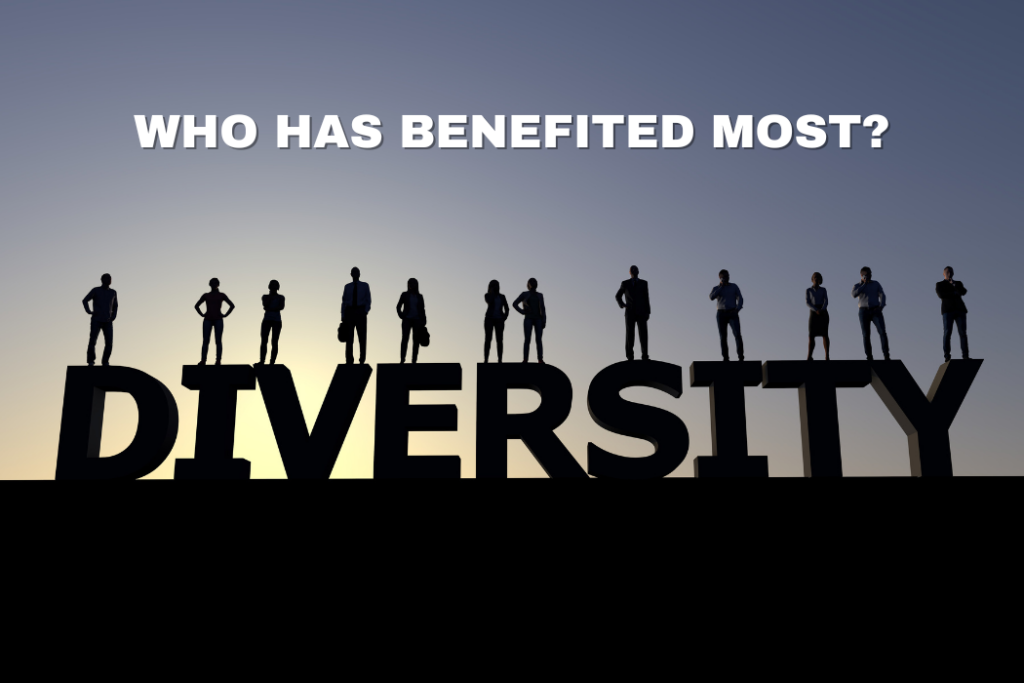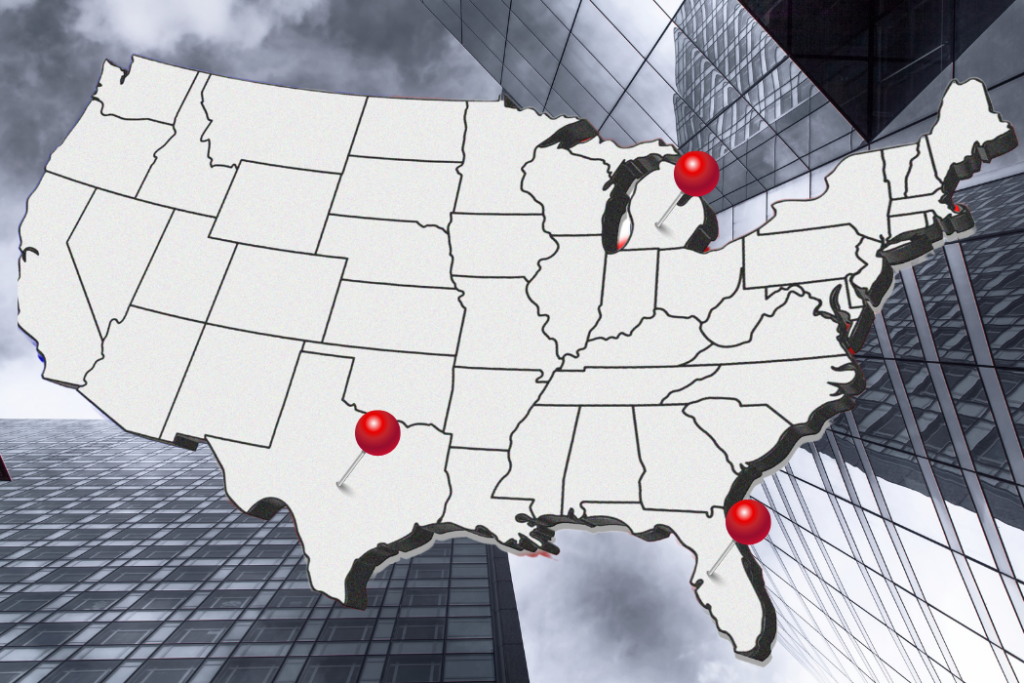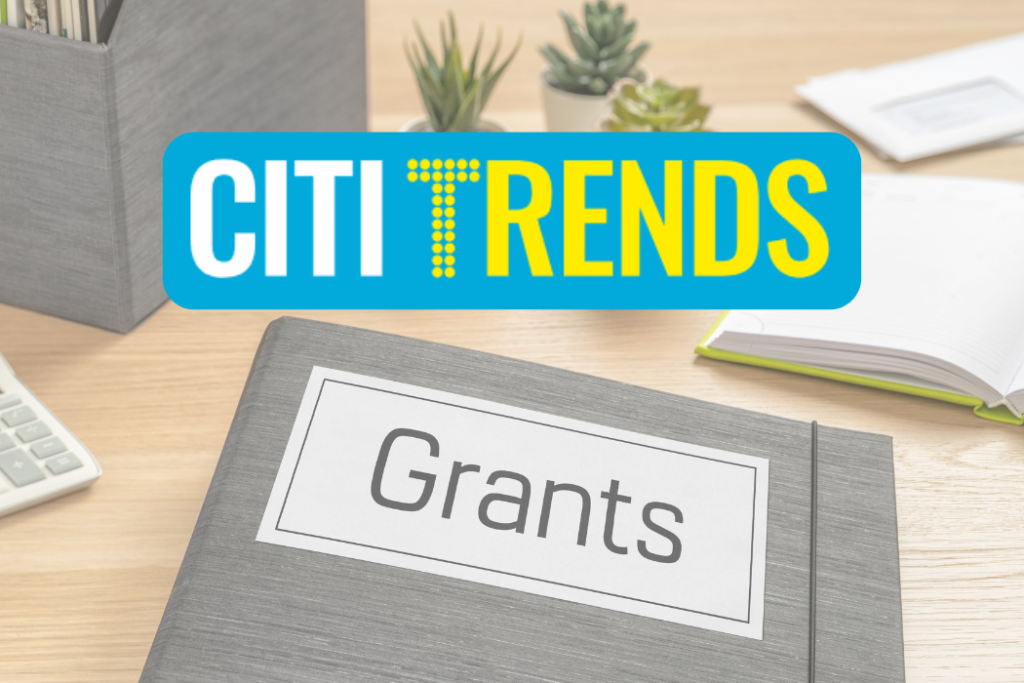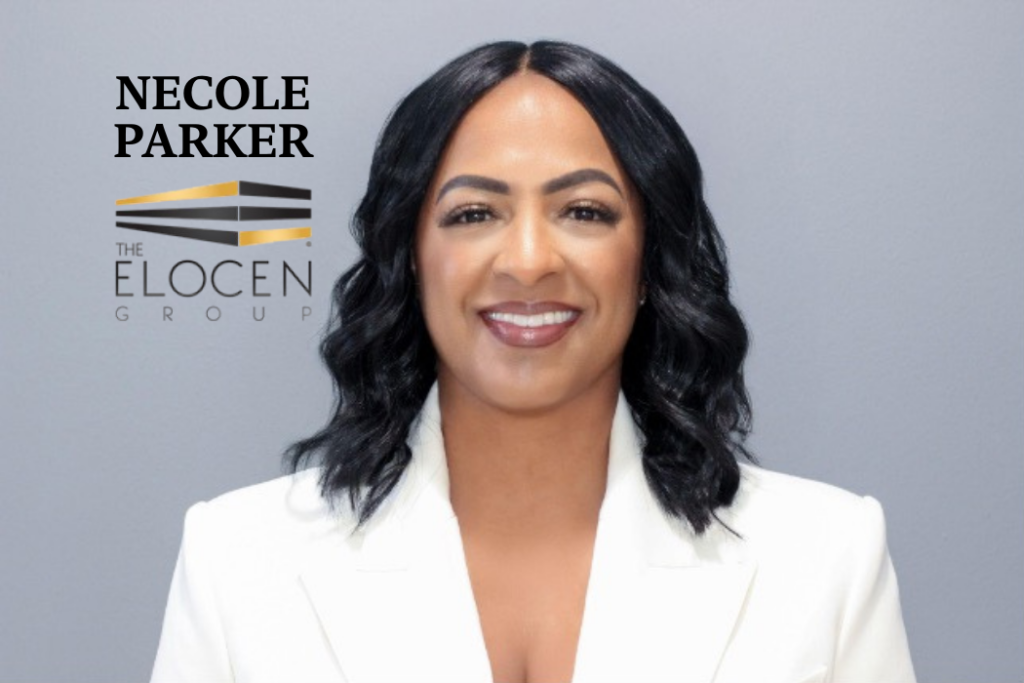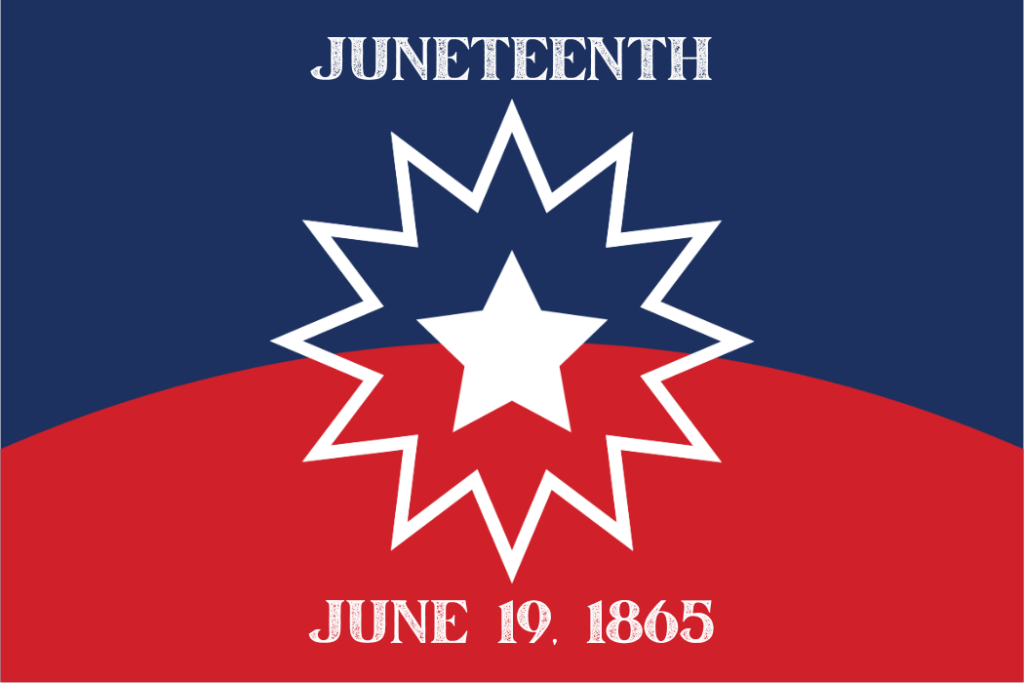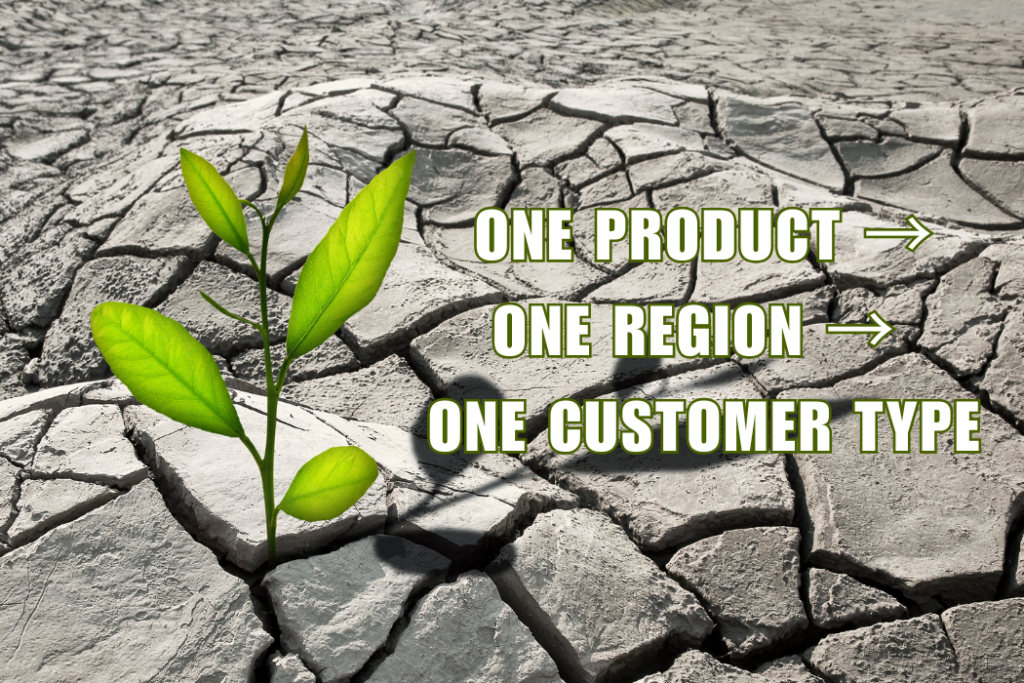
Toronto’s social procurement program gaining attention nationwide
Two years into implementation of a social procurement program following a pilot run, the City of Toronto — with close to 3 million in population — is serving as a model for other municipalities and public sector agencies. Canada’s largest, most diverse city, and the fourth largest in North America, implemented the program with two streams — supply chain diversity and workforce development — across city divisions in 2017. It falls under an overarching Toronto Poverty Reduction Strategy that, in part, seeks to leverage the economic power of the city to stimulate job growth, support local businesses, and drive inclusive economic growth.
One of the major goals is to bring greater diversity to the city’s procurement process and enable small businesses, particularly diverse suppliers, to better compete for contracts. The original pilot project introduced online posting of small dollar volume contracts between CA$10,000 and CA$50,000 — with notifications sent directly to registered, certified diverse suppliers. This formed the basis of the policy. Now, procurement staff must get at least one quote from a qualified, diverse supplier for all contracts up to CA$100,000.
“We work closely with organizations certifying women, minorities, aboriginals, and LGBTQ2S [lesbian, gay, bisexual, transgender, transsexual, queer, questioning, and two-spirit] in order to build and grow a diverse supplier list for our buyers to access, and they have to contact one or more certified vendors who have registered in their space,” explains Michael Pacholok,chief purchasing officer.
Training is important

Key to all of this was providing internal training on supplier diversity and the social procurement program to 555 city staff across 44 city divisions. This includes follow-up with reviews, and more training for those not following the process. “It’s critical in a big organization to get the support of divisions, and they have come through quite a bit,” says Pacholok. “They are trying to embrace the program and wherever possible to ensure that supplier diversity is being recognized. Given the number of people we have to deal with, the program has been quite successful.”
A total of 75 contracts, totalling $1.4 million, were awarded to diverse suppliers since the program officially started in January 2017. That’s a small percentage of the city’s annual spend in the $2 billion range, but Pacholok says the purpose of the program is to give these businesses better access to the procurement process. “It’s a first step that is all about creating credibility and trying to get diverse suppliers into the city’s supply chain via smaller volume contracts,” notes Cassandra Dorrington,president of the Canadian Aboriginal & Minority Supplier Council (CAMSC), one of the certifying bodies the city works with closely. “The goal is that these smaller contracts will ultimately lead to larger ones, positioning diverse suppliers as truly an integral part of the inclusive supply chain.”
Enhancements to come

But running the program does not come without challenges, one of which is finding diverse vendors across the spectrum of everything the city buys, especially in construction. Further research to get a better understanding of categories with no diverse suppliers to fulfill and reaching out to certifying bodies beyond the current ones are strategies to be used to expand the pool.
New technology being implemented will allow improved vendor profile capability, more universal material codes to better match diverse suppliers to the right opportunities, and better tools to understand the supply chain more and to measure results. “And we are moving the entire procurement system from paper-based to online to eliminate the hefty paper processes, which will help SMEs,” Pacholok adds.
Sharing the wisdom
The City of Toronto has received numerous requests from other municipalities, the federal government, and public agencies to share lessons learned on its social procurement experience to date. Pacholok’s advice? “Pilots are useful to demonstrate quicker wins. And, although supplier diversity is quite consistent with public procurement principles, the only way this works is if the entire ecosystem is supported.” He adds, “Governments are good at setting up policies, but sometimes we don’t realize the amount of extra effort required to make sure that policy works, which means we need ongoing outreach and training.”
That’s why having leadership commitment at the top is so crucial to allocate the necessary resources. Pacholok has a team of three. “We’re still working at building our team so we have more capacity to do proactive outreach and more robust monitoring and reporting.”
Pacholok also recommends leveraging what others have done. Toronto has a community of practice, AnchorTO, composed of universities, colleges, libraries, and hospitals, which meets quarterly to discuss new and different ways of approaching social procurement. “We can also borrow from groups like CAMSC and their corporate members.”

Mary Anderson, researcher, consultant and past president of WBE Canada, recently completed a white paper on the city’s program on behalf of the Supplier Diversity Alliance Canada. She says the way the city met legal requirements is another lesson learned valuable to other public entities. There was considerable attention at the outset to ensure the implementation would not contravene any requirement of bylaws, provincial requirements, and trade agreements, which can often be a stumbling block for public organizations. “Government procurement is not supposed to show preferential treatment, so we structured the overall approach to break down barriers and provide better opportunities to compete rather than setting targets or creating set asides,” explains Pacholok. “That was a consistent message from certified vendors themselves who wanted the opportunity to compete, not a hand-out.”
The future
Although there is no requirement for existing suppliers to have their own diversity programs that is something Pacholok would like to see down the road. “We’re concentrating on growing the vendor pool first, but we do give points now to any vendor with a program.”
According to Anderson, “the City of Toronto is in a leadership position within Canada by developing a robust program that other jurisdictions can emulate. Once public procurement in the largest city in Canada enables this, it has a ripple effect to really embed how procurement can be viewed for societal change and benefit. What the city has done is foundational for change in the future.”


